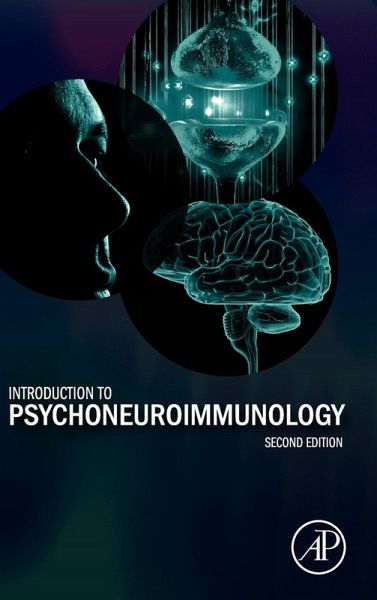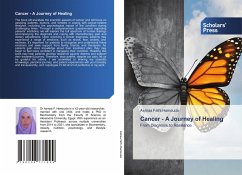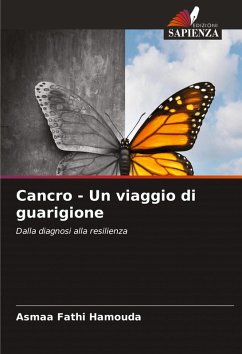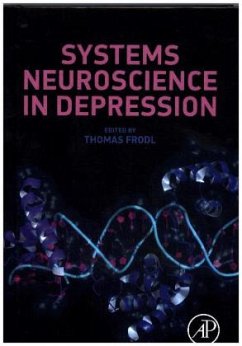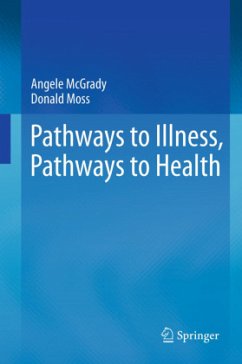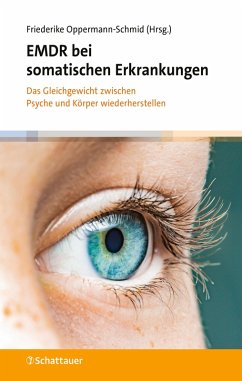"This is a book that certainly comes with a 'Wow' factor. This updated version from a first edition published in 2004 presents itself as a succession of bioessays structured as units with subunits, so chapters and titled paragraphs. However the structure disappears into the background with the softness and strength in his writing and gently helps you to relax in your seat only to be taken on a journey of discovery of none other than your 'innerspace'. It truly reads as a novel." --Immunology News, November 2012
"After a historical overview and basic introduction to the immune system and endocrine-immune and neuroimmune interactions, the text discusses the concept of stress and how it influences the neuroendocrine and immune
systems; the influence of psychosocial stress on specific diseases, including infection, allergy, cancer, and autoimmunity; the link between immune activity and psychopathology, using examples of autism and schizophrenia; factors that can lead to immune enhancement and protect against disease, such as the role of suggestion, beliefs and expectations, social involvement and emotional expression, sleep, relaxation, exercise, and diet; and implications for healthcare research and practice. This edition has been updated to incorporate new scientific developments, such as research on additional signaling pathways that modulate the impact of stress, genome wide association studies, and the role of exposure to microbes and physical aspects of the environment. Chapters on infectious diseases, allergy, cancer, and autoimmune disorders have been reorganized to introduce the pathophysiology, epidemiology, and genetics of each disorder." --Reference and Research Book News, Inc.
